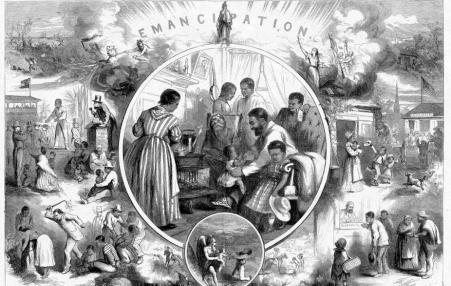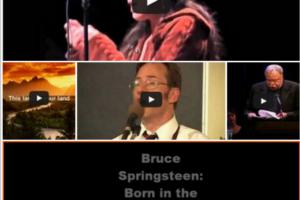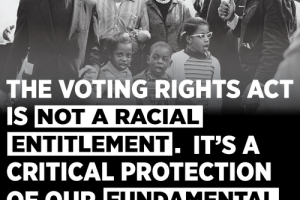Author and Orator Frederick Douglass to Be Honored in New Special Exhibit at American Writers Museum
American Writers Museum
 By 1871, Congress had authorized the bank to provide mortgages and business loans. Such mortgages and loans, however, were usually given to whites, creating a financial paradox -— a bank using the savings and income of black depositors to advance the economic fortunes of whites who had at their disposal mainstream banks that excluded blacks.
By 1871, Congress had authorized the bank to provide mortgages and business loans. Such mortgages and loans, however, were usually given to whites, creating a financial paradox -— a bank using the savings and income of black depositors to advance the economic fortunes of whites who had at their disposal mainstream banks that excluded blacks.
 Which America should we recall on the Fourth of July? The "all men are created equal" of the Declaration of Independence or the gross inequalities by race, class and gender, the crying disparities of wealth, voice and security in real life? Both. Because the lofty declaration is more than a platitude and a snare; it has also always been a goal and a call to strive "to finish the work we are in." Lefty alternatives for the Fourth: songs, thoughts, a little inspiration.
Which America should we recall on the Fourth of July? The "all men are created equal" of the Declaration of Independence or the gross inequalities by race, class and gender, the crying disparities of wealth, voice and security in real life? Both. Because the lofty declaration is more than a platitude and a snare; it has also always been a goal and a call to strive "to finish the work we are in." Lefty alternatives for the Fourth: songs, thoughts, a little inspiration.
 Ginsburg attacks the ahistorical character of the majority decision. Quoting Shakespeare, she notes that the majority "ignores that `what's past is prologue'". What a profound observation, `the past is prologue'. It neatly, and with a literary flourish, sums up the deep defect with the Court's decision, its deliberate ignoring of both the contemporary ramifications of historical racism in this country as well as its current vitality.
Ginsburg attacks the ahistorical character of the majority decision. Quoting Shakespeare, she notes that the majority "ignores that `what's past is prologue'". What a profound observation, `the past is prologue'. It neatly, and with a literary flourish, sums up the deep defect with the Court's decision, its deliberate ignoring of both the contemporary ramifications of historical racism in this country as well as its current vitality.
Spread the word